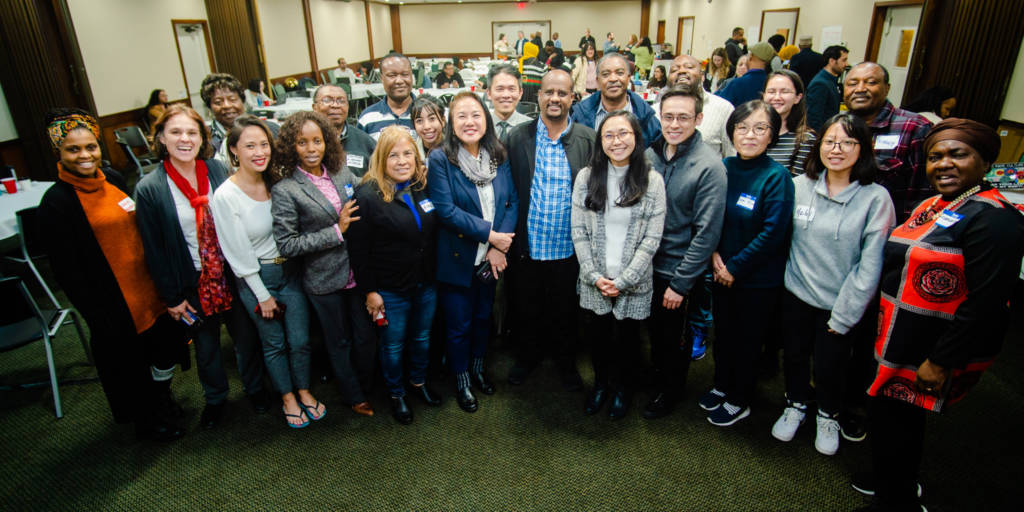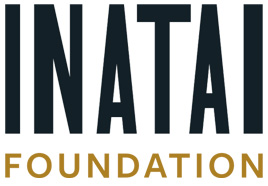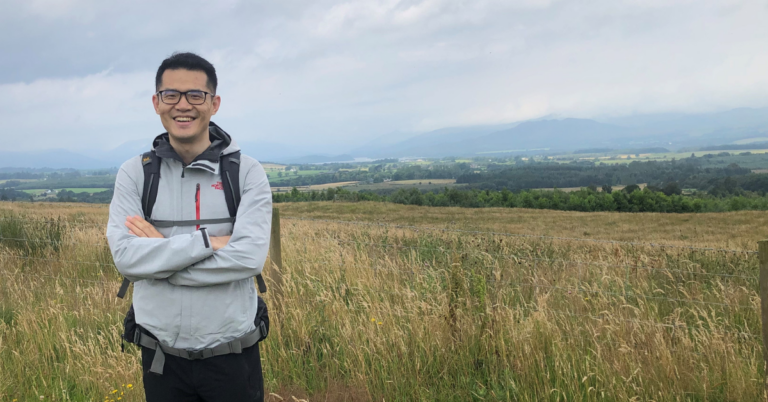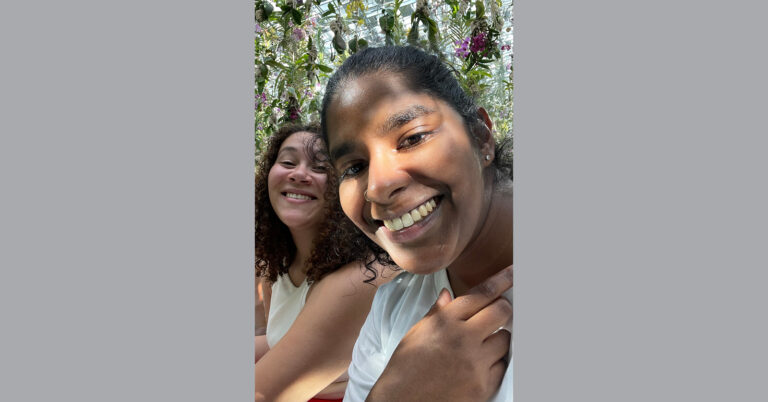Until Feb. 1, 2023, we were Group Health Foundation. This post was written under our former identity. To learn more about our new name, read our announcement here.
As a foundation, we are committed to sharing our learnings, including challenges and missteps. Group Health Foundation public policy manager EJ Juárez offers three takeaways from our first time funding census work.

Volunteers attend a Washington Census Alliance training to ensure systemically undercounted people are counted in the 2020 Census. Photo: Washington Census Alliance.
When the decennial census was about to launch a year ago, I was just a few months into my role as public policy manager with Group Health Foundation. We were in our second year of existence and it was our first year of grantmaking. To say that we were new is an understatement. We were also in our early stages of relationship building, about to complete our first year of visits to all of Washington’s 39 counties.
Our team had heard from community leaders, policymakers, and elected officials about their concerns with various aspects of conducting a complete and accurate count for the 2020 Census. Some were longstanding: barriers to participation by race and ethnicity and the lack of an accurate count of every person living in Washington resulting in fewer resources for the very communities that need it the most. We learned about new barriers being created because the enumeration process was being conducted primarily online. People with disabilities and communities with limited or nonexistent internet access or cell coverage were in a precarious position with this big change.
Past census counts show that communities who live with the most inequities are the most undercounted in the census. This leads directly to public investments, representation, and policies that don’t accurately reflect the needs and dreams of the people. An undercounting means fewer opportunities for government support for everything from Medicare and education to programs designed to mitigate the effects of climate change. In short: the stakes are high and the benefits for getting a complete count are just as striking.
As a foundation, we are as committed to sharing our learning from community, as we are to sharing our challenges and missteps. In that spirit, I am offering three key lessons we learned in early grantmaking and resourcing census work for the first time.
Investment in some systemically undercounted communities provided big benefits statewide
Much of Washington, including the majority of tribes, exceeded their 2010 self-report rate. This year, our state performed near the top of every metric for participation and increased its overall census response from 2010. This includes massive strides in nearly every census tract designated as “hard to count” and double-digit increases in many tribal communities. These strides were not by accident or coincidental. They are a product of communities designing and implementing engagement plans to reach their neighbors near and far.
The Foundation intentionally focused on three communities who were being overlooked by other pools of census funding: Native American and Alaskan Native communities, people with disabilities, and people experiencing incarceration. They make up large and important parts of our state who would be most adversely affected by an incomplete count, and yet have continually been underengaged and underinvested in by the U.S. Census Bureau and by the independent, philanthropic, and collaborative efforts working to support a successful count.
The Washington Census Alliance is a large organizing collaborative, and is guided by Black, Indigenous, and other people-of-color leadership from all parts of the state. They successfully supported planning and advocacy efforts that secured a state allocation of $15 million for community-led outreach. While we were one of their many funders, we were proud to have given first-mile resources and ongoing support to sustain their organizing infrastructure, which will evolve as the alliance determines its next phase in 2021.
Disability Rights Washington (DRW) also led statewide work, producing resources about the census that was shared with disability communities with a focus on the Tri-Cities, Tacoma, Everett, Spokane, Vancouver, Yakima, Bellingham, and Port Townsend. DRW also partnered with the Cross-Disability Constituent Network to train ambassadors to conduct peer-to-peer outreach.
In addition, we directly funded tribal nations because Indigenous communities are especially likely to be undercounted and underfunded by government and philanthropic efforts. We purposefully avoided pass-through arrangements where a third-party would re-grant to tribes, and instead made direct grants to 13 tribal nations to conduct their own outreach and enumeration in their communities and in-lieu fishing sites: Chinook Indian Nation, Confederated Tribes and Bands of the Yakama Nation; Confederated Tribes of the Colville Reservation, Cowlitz Indian Tribe, Duwamish Tribe of Indians, Lhaq’temish (Lummi Nation), Makah Indian Tribe, Quinault Nation, Samish Indian Tribe, Sauk-Suiattle Indian Tribe, Skokomish Indian Tribe, Spokane Tribe, and Swinomish Tribe.
We underestimated the politicization of essential government services by government itself
While our team was successful in meaningfully funding work led by people with disabilities and Native communities, we hit a roadblock in our efforts to reach people who are incarcerated and their families. As we worked to co-create a strategy with community and used our resources in strategic and targeted ways, we entered a partnership that ultimately fell apart.
The Washington State Library, which is under the Secretary of State’s office, seemed like a natural collaborator because they were a well-known and, at times, an exclusive touchpoint for communities who were likely to be undercounted. Through the Washington Talking Book & Braille Library and library branches serving prisons, we thought we would be able to reach two priority groups: people with disabilities and people experiencing incarceration.
One of our goals was to put government institutions in direct and meaningful contact with people affected by incarceration, including families who have incarcerated loved ones. We wanted to financially support this relationship building, as well as raise awareness about their right to be counted in the 2020 Census. Just because people are incarcerated, does not mean they and their families should not be counted.
This type of community-involved programming is standard in libraries across the country. Unfortunately, despite the nascent work of library staff and community groups, political forces ended this effort before it could take off. After months of collaboration with state library staff, we received word in late 2019 that the agency would no longer be willing to work with us because it may appear they are engaging in partisan activity.
Because the census is a constitutionally mandated activity, we did not anticipate such resistance from the government itself. Where incarcerated folks get counted may impact legislative districts and, ultimately, who holds power in the state legislature. It can also inflate government resources to areas with prisons.
Our foundation was brand new, learning, and overestimated the state library’s autonomy. Unfortunately, partisan politics prevailed even though the program was a clear nonpartisan, nonpolitical effort to help people learn more about the census and participate. Perhaps we acted too soon; we assumed government agencies would welcome more resources and we assumed they would welcome what we hoped was an innovative partnership.
Another mistake we made was believing we had the credibility to convene and offer trust building between other institutions. We forgot an age-old lesson that everything is political and that nobody—including government and philanthropy—is neutral.
As I reflect today on what happened, it’s clear that we should not have assumed institutions guided by partisan elected officials, or institutions that perpetuate the status quo would allow even modest interventions toward more accountability and trust with community. Many of us at the Foundation still feel raw that we were unable to stand more powerfully alongside Washingtonians who have been incarcerated, people who are already facing substantial health inequities and barriers to be fairly and accurately counted.
We still have a lot of trust to build across the region
We cannot overexpress the gratitude we have for communities who allowed us to learn alongside them in this process. Group Health Foundation is still a young organization that is forming and deepening relationships with communities and institutions across the state.
Our practice is to be honest about when we have not yet earned the trust and confidence of potential grant recipients. While we may be new, communities have been interacting with philanthropy and government for generations and they carry those histories with them. As a funder, we must remember and not underestimate the harm that happens when communities are used and politically leveraged.
Our journey is to honor the knowledge, expertise, and wisdom of Washingtonians in designing and implementing remedies to the systems with which they interact. When we exercise patience in building relationships and trust, we all see better outcomes.
EJ Juárez is public policy manager at Group Health Foundation and has spent the past decade as an electoral organizer, trainer, and policy analyst with deep roots across the Northwest.



